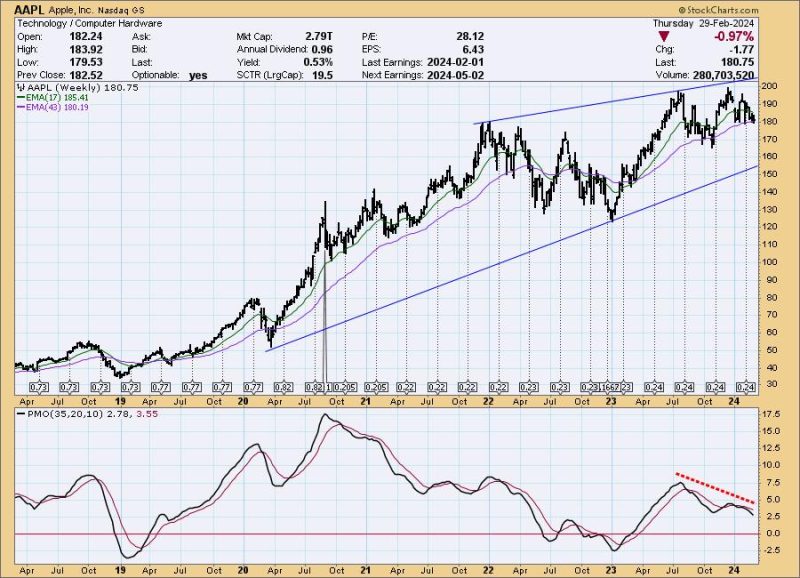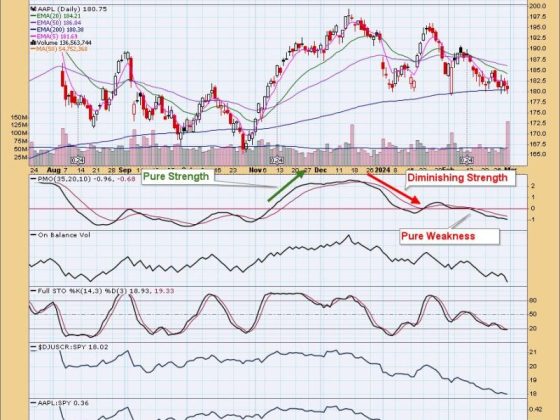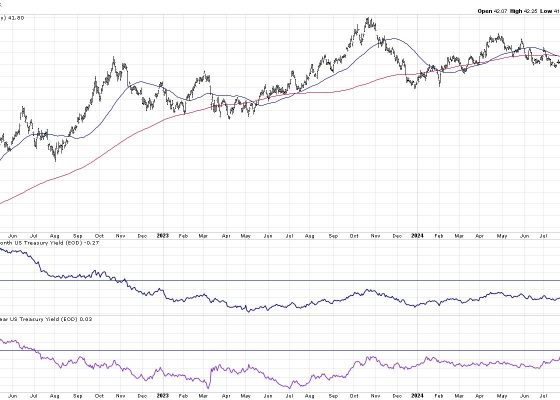The cinema holds in its vast repositories a myriad of films that reflect a plethora of themes. Out of this cache, the Western genre has presented the audience with remarkable storylines and characters, and among those gems is the 1960 classic, The Magnificent Seven. With charm retained through decades, the movie begs the question- are the Seven still magnificent?
First and foremost, The Magnificent Seven boasts an ensemble of incredibly talented actors whose performances still resonate over six decades later. This cast included never-to-be-forgotten stars such as Yul Brynner, Steve McQueen, Charles Bronson, Robert Vaughn, Brad Dexter, James Coburn, and Horst Buchholz. Each actor brought their unique nuances to their characters, effectively creating a synergy that elevated the entire film. The strong characterization and significant depth these actors brought to their roles distanced The Magnificent Seven from its contemporaries. This facet of the movie remains a hallmark in cinema and maintains its magnificence.
Secondly, the plot of The Magnificent Seven is rich with themes of altruism, bravery, brotherhood, and redemption that echo as true today as they did in 1960. The story revolves around the plight of a Mexican village tormented by bandits. The villagers, in their desperation, hire seven gunslingers from across the border to defend them. These themes are universal and timeless, which makes the film relatable even in contemporary times. The narrative continues to conquer hearts with its potent blend of courage, sacrifice, resilience, and camaraderie.
The technical aspects of The Magnificent Seven, not to be overlooked, hold an equally commanding position in the film’s continued magnificence. John Sturges, the film’s director, employed innovative techniques for a Western film. He showcased vast landscapes and tense gunfight scenes with an unmatched energy not typical in the genre, thus setting a new standard. His work on the film is often praised as some of his finest. Furthermore, the stirring musical score by Elmer Bernstein underscored crucial moments, amplifying the story’s climaxes. The soundtrack became enormously popular, blending flawlessly with the narrative and enhancing the film’s overall impact.
Many film enthusiasts perceive The Magnificent Seven as an American remake of Akira Kurosawa’s 1954 Japanese film, Seven Samurai. Regardless of the parallels drawn, The Magnificent Seven distinguished itself through the cultural context it brought to the original concept, shifting from the backdrop of Japanese Samurais to American gunslingers of the Wild West. This creative take adds an additional layer to the film’s allure and value in the cinematic world.
Lastly, the film’s lasting impact on pop culture and subsequent influence on films cannot be understated. This movie became a stepping-stone for the Western genre, influencing countless films and even inspiring a remake in 2016. It has also become a pop-culture reference point in various domains.
In summary, assessing the continued magnificence of The Magnificent Seven involves considering how it stands against the test of time, in terms of characterizations, the depth of the plot, technical aspects, and its cultural significance. Given these considerations, it can be confidently stated that yes, the Seven are, indeed, still magnificent. Their legacy of bravery, camaraderie, and sacrifice continues to echo emphatically across the cinematic landscape, ensuring their place in the annals of film history.











